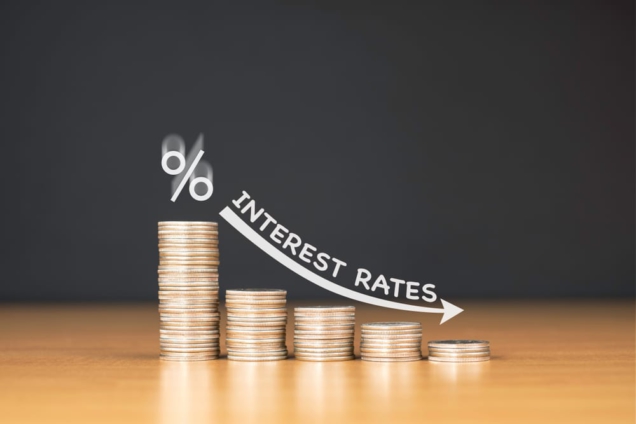The policy rate of the Bank Ghana will go down by at least 1.0% to 13.50 percent at the end of the first half of this year, according to forecast by Fitch Solutions, research arm of ratings agency, Fitch.
The international research organization said the reduction in the Bank of Ghana’s base lending rate is expected to transpire in the Central Bank’s next meeting in March 2020 or possibly May 2020.
This is expected to be triggered by further lower inflation and improve growth rate in the first quarter of this year.
Furthermore, it said policy continuity by the government will result in a steady recovery in international and domestic investor sentiment, compelling the Bank of Ghana to trim its benchmark rate by a further 1.0% to 13.50%.
“Policy continuity following the likely return of the largely business-friendly New Patriotic Party government will result in a steady recovery in international and domestic investor sentiment, with the latter assisted by the BoG trimming its benchmark rate by a further 100bps to 13.50%, lowering borrowing costs for firms”.
This will further lower borrowing costs for firms and households.
Some analysts have also projected that the higher-than-expected deceleration in inflation to within the Central Bank’s target range is likely to provide strong support for a policy rate cut in the next Monetary Policy Committee meeting, subject to the outcome of February inflation, which faces immediate risks from higher crude oil prices.
However, the policy rate cut is necessary to energise economic activity in the midst of the second wave of covid-19 infections in the country.
Additionally, the authorities are keen to reduce government’s cost of borrowing in the midst of rising public debts. Already, we have seen some reduction in the cost of yield on Treasury bills.
Policy rate maintained at 14.5%
The Bank of Ghana kept it policy rate-the rate at which it lends to commercial banks at 14.5%.
It cited the balance of risks to inflation and growth as the rationale behind the unchanged policy rate.
“Risks to inflation in the near-term are broadly contained, but short to medium-term risks emanating from the fiscal expansion and rising crude oil prices are emerging.”
The unchanged policy rate meant cost of loans will remain same at least for the next two and half months, unless some factors ease it slightly.
Latest Stories
-
Real Madrid beat Sevilla to keep pressure on leaders Atletico
5 minutes -
Liverpool put six past Spurs to go four points clear
7 minutes -
Manchester United lose 3-0 at home to Bournemouth yet again
10 minutes -
CHAN 2024Q: ‘It’s still an open game’ – Didi on Ghana’s draw with Nigeria
18 minutes -
CHAN 2024Q: Ghana’s Black Galaxies held by Nigeria in first-leg tie
1 hour -
Dr Nduom hopeful defunct GN bank will be restored under Mahama administration
2 hours -
Bridget Bonnie celebrates NDC Victory, champions hope for women and youth
2 hours -
Shamima Muslim urges youth to lead Ghana’s renewal at 18Plus4NDC anniversary
3 hours -
Akufo-Addo condemns post-election violence, blames NDC
3 hours -
DAMC, Free Food Company, to distribute 10,000 packs of food to street kids
4 hours -
Kwame Boafo Akuffo: Court ruling on re-collation flawed
5 hours -
Samuel Yaw Adusei: The strategist behind NDC’s electoral security in Ashanti region
5 hours -
I’m confident posterity will judge my performance well – Akufo-Addo
5 hours -
Syria’s minorities seek security as country charts new future
6 hours -
Prof. Nana Aba Appiah Amfo re-appointed as Vice-Chancellor of the University of Ghana
6 hours

